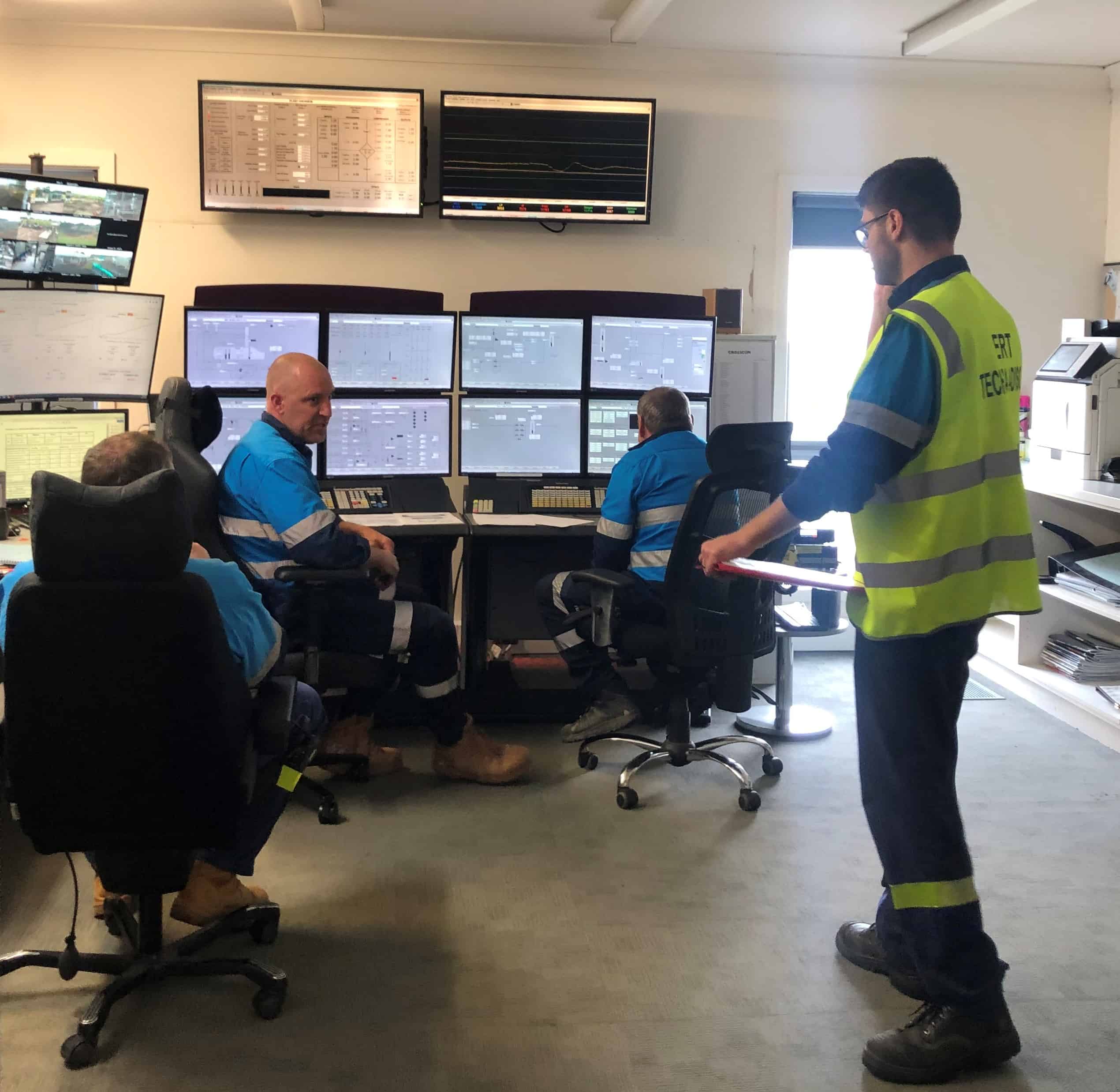Major Incident Support Services
Author: Tony Murphy
When it comes to emergency management you don’t have to go it alone. Major incident support services are available to lower your risk and improve your response.
Every day of our lives we take informed risks: we cross the road at a pedestrian crossing; we drive our car to work and the shops; we go for a swim in the ocean. All these activities are calculated and within our own risk appetite but the statistics clearly show there is an element of risk with each one.
Organisations are no different. They make decisions using the best information available to them at the time; some decisions will be de-risked as far as possible while others will carry somewhat greater risk. The process of managing and living with risk is something we, as individuals and organisations, do continually.
The purpose of this article is to establish the concept of Major Incident Support services for organisations that live in an environment that would be described as high risk and subject to emergencies infrequently.
What if that major incident lasts longer than you thought? Who’s doing the day jobs emergency teams have abandoned in the short term? Who fills in whilst an emergency team member returns from their holiday or weekend away? Exactly how many ‘reserve’ resources do you need?
Instead of organisations having resources standing by to deal with that sudden ‘out of the ordinary event’ there is an alternative, more flexible approach they can choose.
They can use a combination of key people from their full-time workforce and supplement them with trained and competent support team members who can provide additional capability to assist in an emergency. This approach also provides a ‘second shift’ to relieve the initial team when dealing with a long running event.
This model is no different to how the defence forces operate in a global theatre using an alliance structure or when emergency response agencies deploy resources interstate or overseas to deal with fires or floods or other major incidents.
The Major Incident Support framework is how many organisations scale up when there are increased demands for goods and services or there is a major project that has to be delivered. It happens with regular monotony and any concerns are easily managed.
These major incident support teams are made up of highly capable, experienced and professional people who have the ability to integrate with standing emergency management team members. The skill sets major incident team members have are complementary to those within an organisation including, communications, engineering, hazardous materials, health and safety, emergency management and command and control. The beauty of the major incident support service is you only pay for it when you use it.
Integration of the standing and support teams is managed by running relevant training and exercise sessions scheduled over the course of the year. Human factor sessions are built into the training program to ensure the combined team has the right culture, commitment, teamwork and connection. This model delivers efficiency and does not depreciate from an organisations capability to provide a rapid response to an emergency.
The hassles associated with replacing people, selection processes, on boarding, training, administering and developing capability are all resolved by the use of a major incident support team. Of course, from a compliance, cultural and due diligence perspective the customer always retains influence over the people who would be working with it, operating in such a trusted position.
Furthermore, from a services perspective, the major incident support members can provide assistance to organisations that have an event, by live coaching members, building their confidence and expertise, offering alternate views and support during challenging times. This value-add example can also be extrapolated to developing Emergency Response Plans and facilitating exercises for the organisation. It must not be forgotten that, generally speaking, most people in an organisation’s emergency response team take on the tasks in addition to their day-to-day functional roles – so this framework is a prudent investment in developing the resilience of an organisation to deal with emergencies. Members of the major incident support team are ready to respond 365 days of the year and at a moment’s notice and the service can be provided face-to-face and virtually or a combination of both.
This is a new model for an organisation to respond to an emergency incident that offers numerous strengths. Nuffield Group has invested heavily in developing this capability to deliver improved efficiency, effectiveness, resilience and capability for an organisation to deal with emergencies.
It is a new way of resolving issues around the resourcing and readiness an organisation requires. It is a prudent investment and Nuffield Group urges you to examine your current emergency management model to determine whether it can be strengthened, modified or upgraded using our Major Incident Support services.



